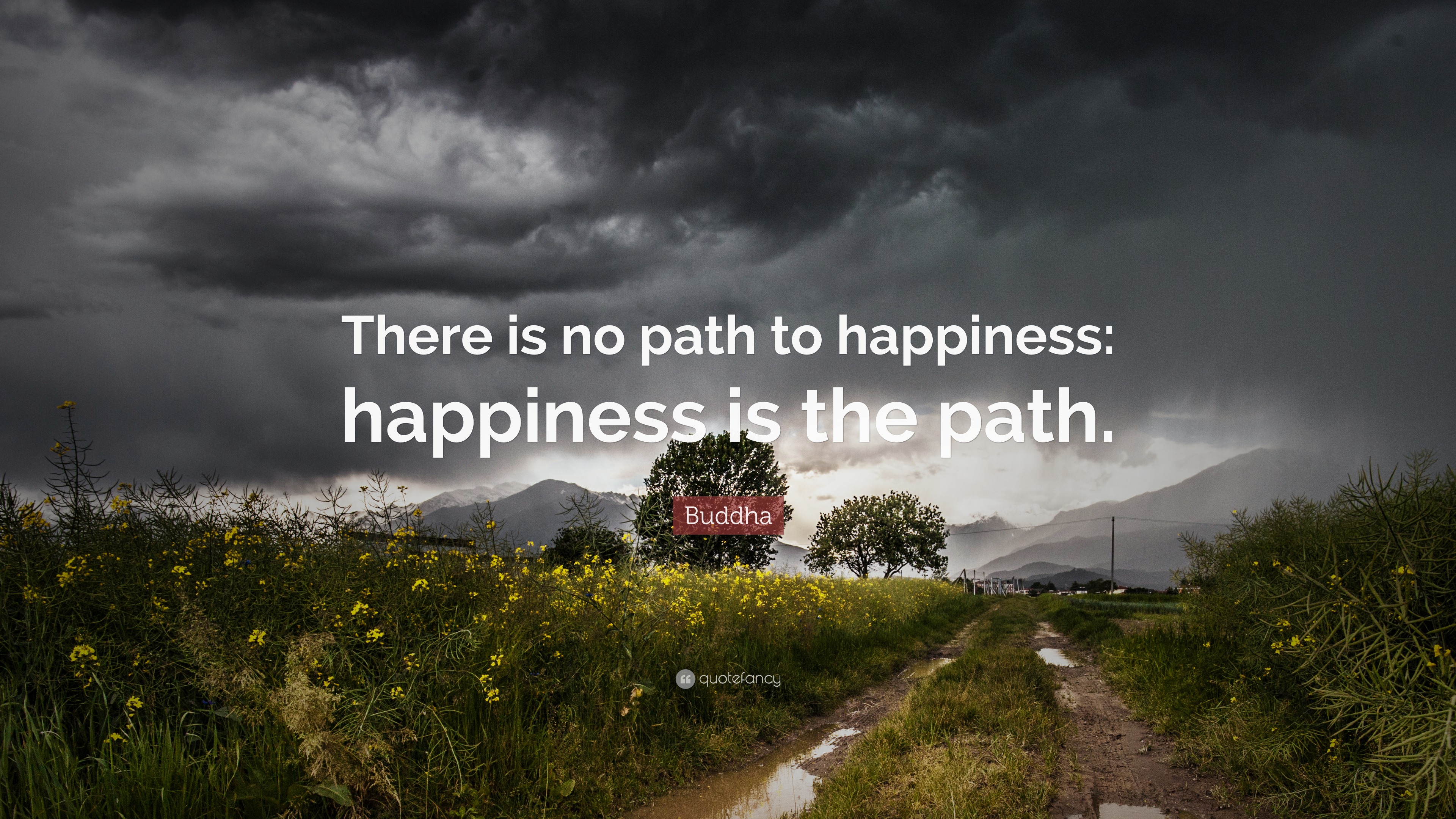There Is No
This extends to 'no' as well. Using 'no' combined with a singular is possible, but implies that there would only be either one of that thing, or nothing. This is much more rare (though it comes up from time to time). You might read in the newspaper, 'When asked about the situation, the press secretary had no comment.' Both there is no and there is not are right? – user29020 Nov 7 '12 at 22:23 The contraction of the second sentence in your question would be There's no storm. Both there isn't a storm and there is not a storm are not incorrect, but sound a bit off. 'There Is No Neutral': 'Nice White People' Can Still Be Racist White Fragility author Robin DiAngelo says that the status quo in the United States is racism, and for white people, that's.
In English grammar we use “there is” or “there are” to talk about things we can see and things that exist.
We use “there is” for singular and uncountable nouns, and we use “there are” for plural countable nouns.
There Is No Game
“There are five people in the office.” (plural countable noun)
“There’s a television in the living room.” (singular countable noun)
or “There’s some milk in the fridge.” (uncountable noun)
See our page on English nouns for more information about countable and uncountable nouns.
Using “some”
With plural countable nouns we can either give the quantity (“five people”) or use “some” if we don’t know the exact quantity.
“There are five people in the office.” (We can see five people exactly)
“There are some people in the office.” (We don’t know exactly how many people)
With uncountable nouns we also use “some”.
“There’s some milk in the fridge,” (I don’t know the exact quantity.)
“There’s some money in my wallet.” (I don’t know exactly how much money.)
Remember: with singular countable nouns we use a/an, the, or another determiner or pronoun – not “some”.
“There’s a woman in the shop.”
“There’s the woman who works in the hospital.”
“There’s my sister in the photo.”
Negative form and using “any”
There are two ways to form the negative.
1. Add not or n’t to the end of the verb. See our page on the verb to be for more information on forming negatives and questions.
“There isn’t a freezer in the kitchen.” (singular, countable noun)
“There isn’t any money in my wallet.” (uncountable noun)
“There aren’t any students” in the classroom. (plural noun)
For uncountable nouns, use “any” after the negative “isn’t”, and for plural countable nouns use “any” after “aren’t”.
Yoda There Is No Try
Remember: Do not use “any” with singular countable nouns.
“There isn’t a single biscuit left in the packet.” (Not “There isn’t any single biscuit left in the packet.”)
2. Use “no” after “there is” or “there are”.
“There is no freezer in the kitchen.” (singular countable noun)
“There are no students in the classroom.” (plural noun)

“There’s no coffee left.” (uncountable noun)
However, it’s more common to use “isn’t + a” for singular countable nouns, “isnt + any” for uncountable nouns and “aren’t + any” for plural nouns.
If you need more help with English grammar, see our page on some and any for more information.
There Is No Higher Than Truth
Question form and using “any”
1. To make a question, change the word order from subject-verb to verb-subject:
There is a + singular noun = Is there a + singular noun?
“Is there a toilet on this train?”
2. Then, change “some” to “any” in questions.
There is some + uncountable noun = Is there any + uncountable noun?
There Is No Game Apk
“Is there any time to go shopping?”
There are some + plural noun = Are there any + plural noun?
“Are there any trains to London this morning?”
Short answer form
Yes, there is. / No there isn’t.
There Is No Game Walkthrough
Yes there are. / No there aren’t.
There is, There are, Some, Any Exercise
Choose the correct answer.
Now go on to the next page where you learn how to use the modal auxiliary “can”: Learn to Use Can for Permission and Requests in English
Speak English Fluently!
Hi! I’m Clare, an English teacher and the founder of this site.
I can help you speak English more easily! Here are two things for you:
10 Essential Fluency Phrases – Get the phrases for easy conversations
NEW: Get An Advanced English Vocabulary In 30 Days – Go from Intermediate to Advanced level